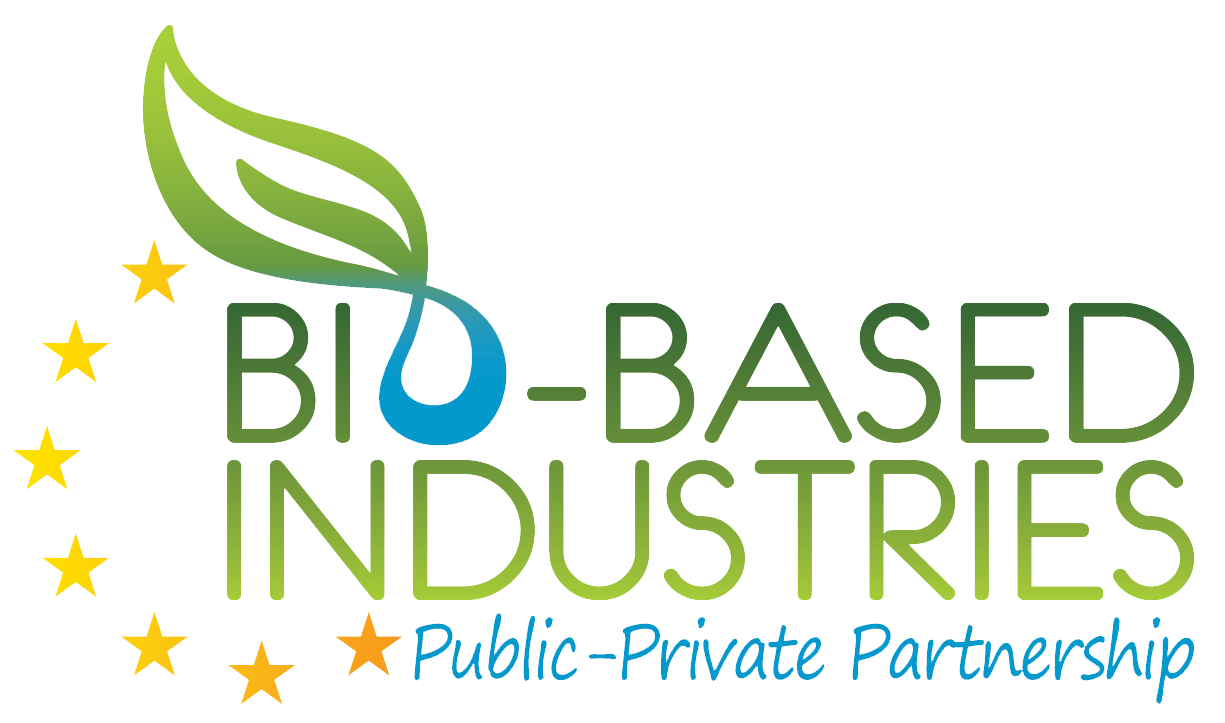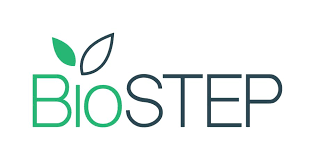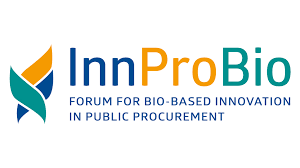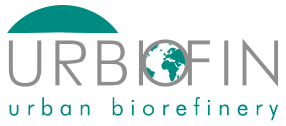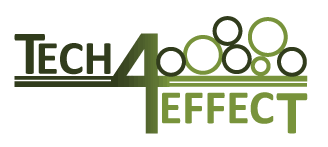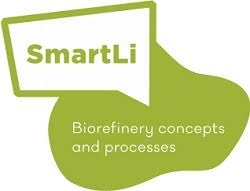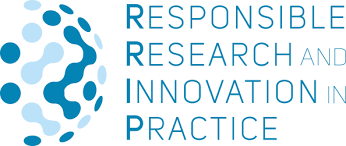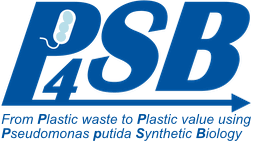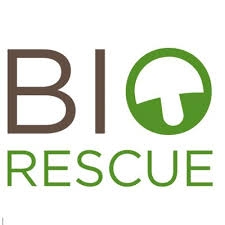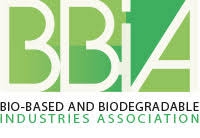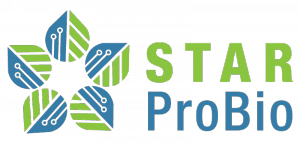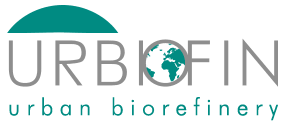
Each person in Europe generates an average of 500 Kg of municipal solid waste (MSW) per year. Around 50 percent of this is organic waste, made up of carbohydrates, proteins and lipids, all of which represent useful raw materials for creating valuable products. In addition, converting these will reduce the polluting effects and contribute to the shift to a genuine circular economy.
Digesting and composting have contributed to the reduction of the biodegradable fraction of MSW sent to landfill; however, the low economic value of compost and biogas means that citizens need to pay higher taxes for separate sourcing systems, slowing the potential uptake. However, new bio-based products can help to improve sustainability of such approaches.
The URBIOFIN project will demonstrate the techno-economic and environmental viability of converting the organic fraction of MSW on a semi-industrial scale. It will create chemical building blocks, biopolymers or additives using the biorefinery concept applied to MSW - i.e. urban biorefinery. Ultimately, URBIOFIN will offer a new feasible and more sustainable scenario alternative to the current treatment of the OFMSW.
The project is one of the relevant initiatives supporting the development and uptake of bio-based products at European and regional level identified by BIOWAYS. They have collaborated with BIOWAYS by providing valuable insights into their work and meaningful evidence and information regarding a series of areas such as their expected outputs and market uptake, the legislation and policy framework that affects them, the user’s perspective on their outputs and the impact, visibility and exploitation potential of their project/outputs.
